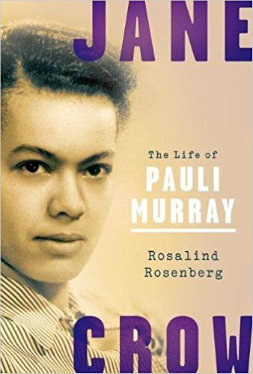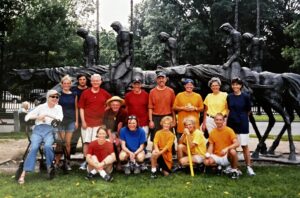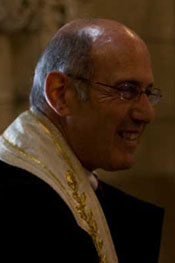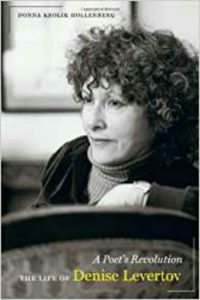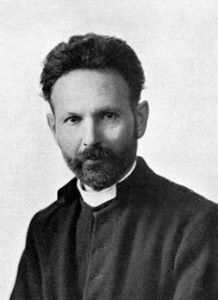Proper 21B. 26 September 2021. The Rev. Pamela L. Werntz
Esther 7:1-6,9-10; 9:20-22. Days for sending gifts of food to one another and presents to the poor.
James 5:13-20. Are any among you suffering? They should pray. Are any cheerful? They should sing songs of praise.
Mark 9:38-50. Have salt in yourselves, and be at peace with one another.
O God of Beauty, grant us the strength, the wisdom and the courage to seek always and everywhere after truth, come when it may, and cost what it will.
Well, nothing says, “Let’s begin a program year” like our Gospel reading from Mark today! As one vestry member asked the other night when we were talking about this passage with its gruesome illustrations of maiming and fiery hell, “Remind me, who makes the calendar of readings?” One answer is that the Episcopal Church’s enormous, bicameral, legislative branch meeting in convention in 2006 voted in favor of adopting the Revised Common Lectionary, the three-year calendar of scripture readings. The RCL, as it is called, was developed and tested by an ecumenical group of English-speaking liturgical scholars and denominational representatives from around the world. The practice of a liturgical calendar of readings goes back to ancient Judaism. Continue reading


